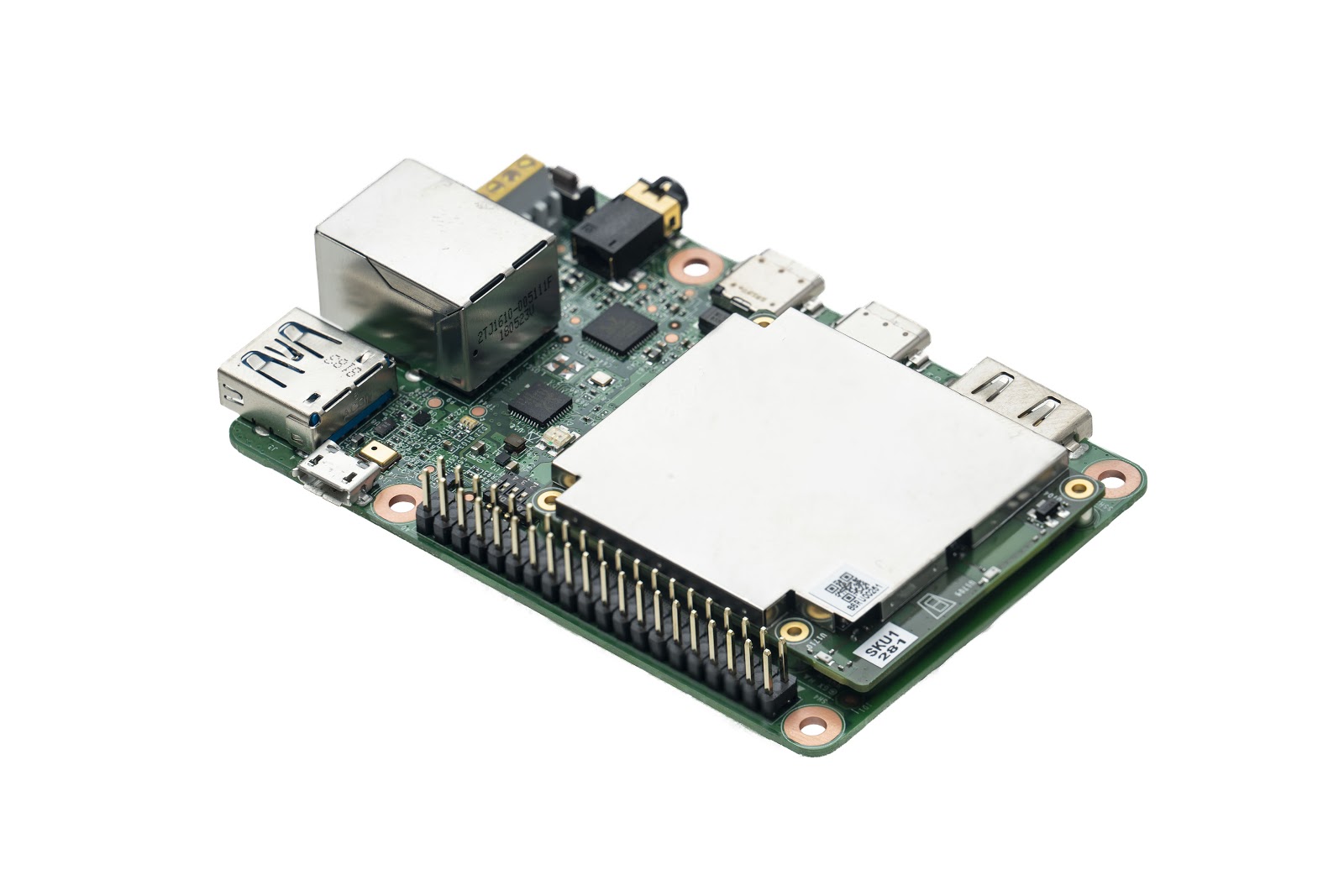Posted by Rich Hyndman, Global Tech Lead, Google Launchpad
Launchpad Studio is an acceleration program for the world's top startups. Founders work closely with Google and Alphabet product teams and experts to solve specific technical challenges and optimize their businesses for growth with machine learning. Last year we introduced our first applied-ML cohort focused on healthcare.
Today, we are excited to welcome the new cohort of Finance startups selected to participate in Launchpad Studio:
- Alchemy (USA), bridging blockchain and the real world
- Axinan (Singapore), providing smart insurance for the digital economy
- Aye Finance (India), transforming financing in India
- Celo (USA), increasing financial inclusion through a mobile-first cryptocurrency
- Frontier Car Group (Germany), investing in the transformation of used-car marketplaces
- Go-Jek (Indonesia), improving the welfare and livelihoods of informal sectors
- GuiaBolso (Brazil), improving the financial lives of Brazilians
- Inclusive (Ghana), verifying identities across Africa
- m.Paani (India), (em)powering local retailers and the next billion users in India
- Starling Bank (UK), improving financial health with a 100% mobile-only bank
These Studio startups have been invited from across nine countries and four continents to discuss how machine learning can be utilized for financial inclusion, stable currencies, and identification services. They are defining how ML and blockchain can supercharge efforts to include everyone and ensure greater prosperity for all. Together, data and user behavior are enabling a truly global economy with inclusive and differentiated products for banking, insurance, and credit.
Each startup is paired with a Google product manager to accelerate their product development, working alongside Google's ML research and development teams. Studio provides 1:1 mentoring and access to Google's people, network, thought leadership, and technology.
"Two of the biggest barriers to the large-scale adoption of cryptocurrencies as a means of payment are ease-of-use and purchasing-power volatility. When we heard about Studio and the opportunity to work with Google's AI teams, we were immediately excited as we believe the resulting work can be beneficial not just to Celo but for the industry as a whole." - Rene Reinsberg, Co-Founder and CEO of Celo
"Our technology has accelerated economic growth across Indonesia by raising the standard of living for millions of micro-entrepreneurs including ojek drivers, restaurant owners, small businesses and other professionals. We are very excited to work with Google, and explore more on how artificial intelligence and machine learning can help us strengthen our capabilities to drive even more positive social change not only to Indonesia, but also for the region." - Kevin Aluwi, Co-Founder and CIO of GO-JEK
"At Starling, we believe that data is the key to a healthy financial life. We are excited about the opportunity to work with Google to turn data into insights that will help consumers make better and more-informed financial decisions." - Anne Boden, Founder and CEO of Starling Bank
"At GuiaBolso, we use machine learning in different workstreams, but now we are doubling down on the technology to make our users' experience even more delightful. We see Studio as a way to speed that up." - Marcio Reis, CDO of GuiaBolso
Since launching in 2015, Google Developers Launchpad has become a global network of accelerators and partners with the shared mission of accelerating innovation that solves for the world's biggest challenges. Join us at one of our Regional Accelerators and follow Launchpad's applied ML best practices by subscribing to The Lever.












